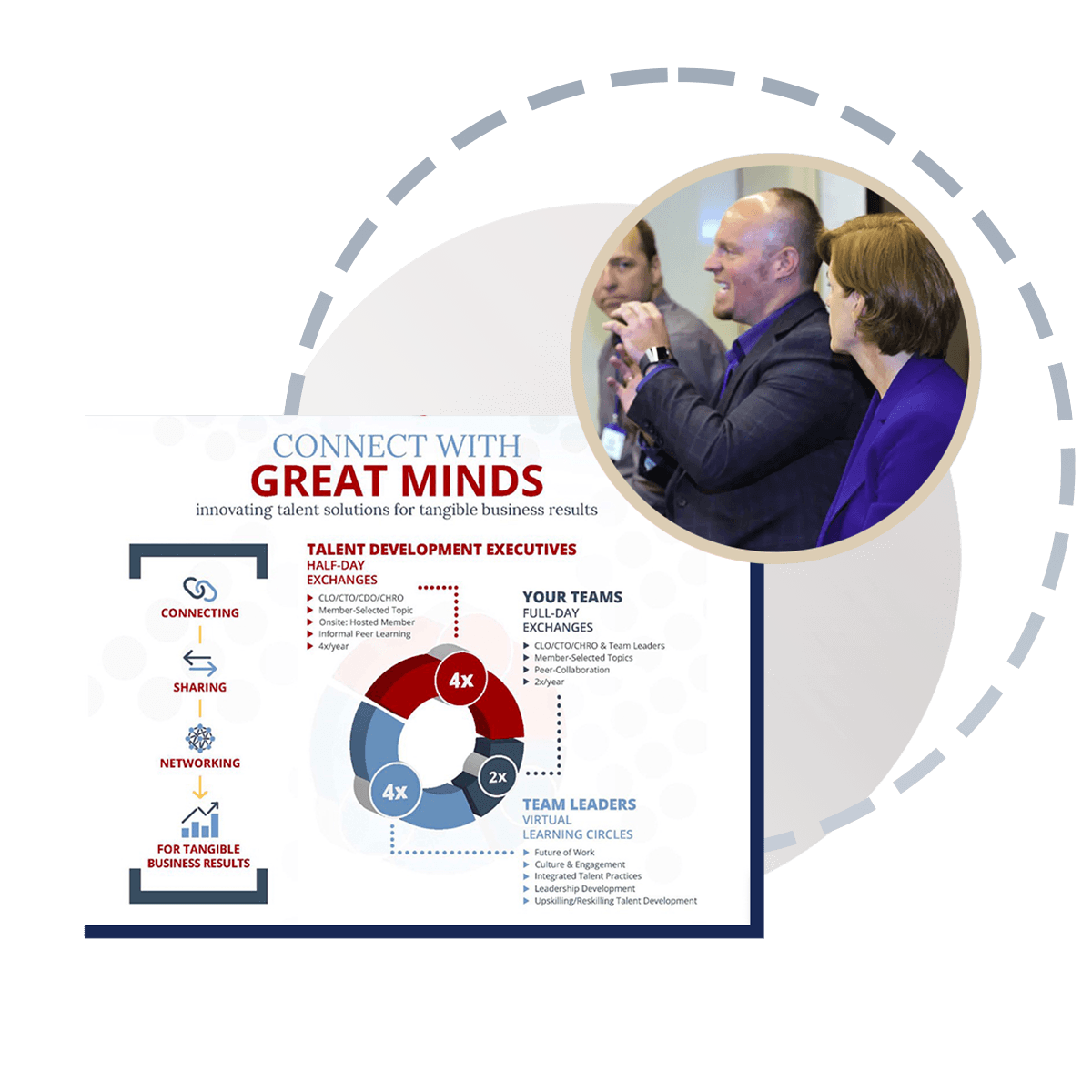Session Focus: Leadership Principles to Advocate for Mental Health and Foster a Culture of Workplace Well-Being
Last month, the Executive Learning Exchange’s (ELE) Wisconsin Cohort hosted Leadership Perspectives: Wellness & Isolation | People-First Talent Practices @ Froedtert. This engaging session highlighted the importance of addressing workplace wellness and isolation as part of holistic talent management practices.
"Given the profound consequences of loneliness and isolation, we have an opportunity, and an obligation, to make the same investments in addressing social connection that we have made in addressing tobacco use, obesity, and the addiction crisis." - Dr. Vivek H. Murthy, US Surgeon General
This session provided critical insights into how addressing mental well-being can drive business success. In today’s workplace, mental health challenges, particularly social isolation, are directly affecting productivity, engagement, and retention. As HR leaders, it’s vital to take a proactive approach to mental health and link well-being to business outcomes.
"Social isolation lowers productivity and increases turnover. Addressing it isn’t just about mental health—it’s a business imperative." -- Jacki Davidoff
Here are three key takeaways from the discussion:
- Proactive Culture Creation: HR leaders must intentionally cultivate work environments that prioritize mental health. This involves fostering a sense of belonging and recognition, ensuring employees feel seen, heard, and valued.
- Empowering Frontline Leaders: Equip managers with emotional intelligence (EQ) tools to better support their teams. Providing managers with the right resources enables them to actively contribute to retention and engagement efforts, especially by using existing tools in new ways.
- Linking Mental Well-being to Business Outcomes: Mental health issues are not just about employee well-being—they are a business imperative. Senior leaders need to view mental health initiatives as essential to driving long-term business success.
By addressing mental health strategically, HR leaders can not only improve employee well-being but also drive positive business outcomes. Let’s continue to lead the charge in building resilient, productive workplaces where employees can thrive.

Read more: Surgeon General Social Connection Advisory.pdf (hhs.gov)
